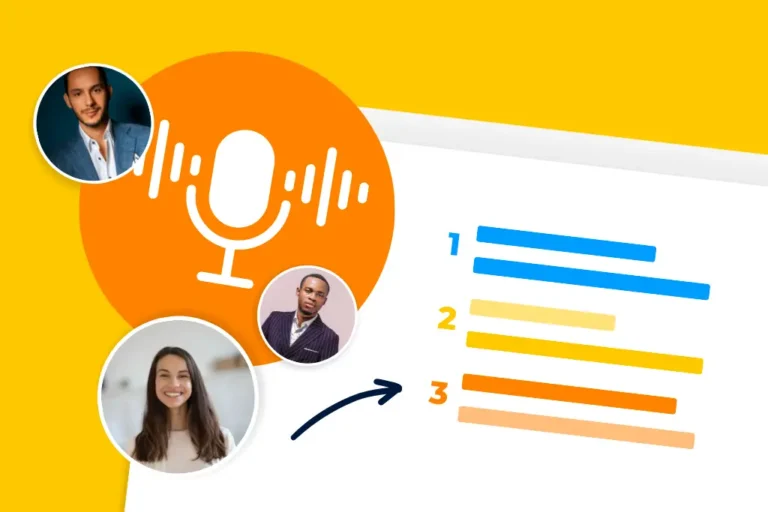One of the most talked-about, yet by some the least understood, technological breakthroughs of modern times is artificial intelligence. Hollywood covers AI as the robots who’ll outsmart us all and take over the world. Though when boiling everything down, the technology is here to take advantage of.

The film industry and media portray AI in a way that is overdramatic. The machines are not here to take over the world, rather are they here to amplify it. Today’s AI systems are merely advanced machine learning software with extensive behavioral algorithms that adapt themselves to our likes and dislikes. And even if this technology is relatively new to us all and we do not fully understand it, its ways can be extremely useful in business.
Lili Cheng, corporate vice president of Microsoft AI & Research, wrote in an article for TIME Magazine that AI is turning the dynamic of people vs. technology on its head. Humans are used to being forced to understand technology. Now it’s the other way around, where humans lead and technology learn how to follow. All to simplify the lives of humans by replacing them with basic and time-consuming tasks.
Can the human experience be reduced to a series of comprehensible instructions?
The short answer is: Yes, it can.
Long answer: It is of course more complicated. As the AI is always learning and develops to speak its own language, there are even struggles for the best of programmers and developers to understand how machine intelligence actually transforms. The process of training machine-learning algorithms changes what it means to be an engineer. The simplest way to understand is to compare this new “machine learning” to the behaviorism of Pavlov’s dogs. Pavlov trained the dogs to salivate by repeating a sequence of an event over and over. He provided data – again and again – until the code rewrote itself and the dogs salivated for a behavior, not for their hunger.
That is what AI does too. Like a dog, it does after being trained, and that is what makes it special. AI takes the criteria given through huge pools of data and then works its ways to simulate human habits.
With linear code man is god, deciding everything and creating habit the way they want it to be: Straight and simple. With AI, man can only teach, and reteach, a behavior and wait for the AI to learn. It’s a much more mysterious relationship to work with, where humans cannot always be responsible for the outcome. That’s why AI is seen as something having its own intelligence.
Making things even more human is that AI can make mistakes. A commonly known “blunder”, that shows how wrong it can go, was when Google’s photo recognition started labeling dark-skinned people as gorillas. Still, in the early days of adapting, this failure came from the fact that machine learning technology is still maturing. No one is quite sure how to understand all ways of AI’s development yet.
The Business beneficial factors of AI
72% of business execs believe artificial intelligence will be the business advantage of the future, and most probably they are right. As management needs more efficiency and innovations to keep up in a hectic, disrupted business world, AI has the potential to optimize processes across organizations. And the increase in efficiency can turn big data into gold!
As a tool, AI can help a business grow and develop in many ways. It eliminates intuitive decisions and unconscious bias which makes it work in a more rational and analytical way. Though, because the technology is already advancing it is not really in the hands of executives to decide if they adopt it or not. It is however important to understand how your business can take advantage.
- Efficiency
With the help of machine intelligence, there is more time to focus on important parts. AI can be used to free up an overburdened workforce.
- Cybersecurity
It is said that with evolving AI, cyber-attacks will become more powerful. But so will the cyber-defense, if taking help from artificial intelligence!
- Business strategy
Artificial intelligence is now so smart that it can analyze all data and simulate intelligent behavior to generate better-informed decisions, with little or no human intervention at that.
No, you’re not losing your job
As said in a report written by PwC: AI will impact employers before it impacts employment. AI is the digital assistant to one’s “boring” and time-consuming tasks.
Though we won’t fully understand the way these machines work, it doesn’t mean we’re powerless before them. In a world where work weeks sometimes can be expected to exceed 70 hours, adopting the help of a digital assistant is not about replacing humans. It is about bringing back a work-life balance.
Even if there are employment concerns, rather look at things like this; Repetitive tasks are being outsourced… To a robot… All the heavy lifting can now be done by an intelligent machine in a similar manner that a human would, but around 10.000 times faster. Humans are then left to do the fine, detailed work: Focusing on thinking and creating, having a more balanced workload.
the Future is coming (or is it here?)
However, it’s not about artificial intelligence at all. Everything is revolving around creating a well-oiled man-machine intelligence. In the end, AI will not be about taking human jobs or overshadowing our intelligence. AI will be the technology that adapts to people, rather than the other way around. And that is where the focus needs to be; finding a perfect balance.
Believe the tech leaders when they say that AI is here to stay. According to NY Times, China plans to have an AI industry worth $150 billion by 2030. The technology giant IBM even predicts that as soon as 2022, AI will be able to change some of the human senses. The industry is finding new ways forward daily, and its business purposes are growing, rapidly!


